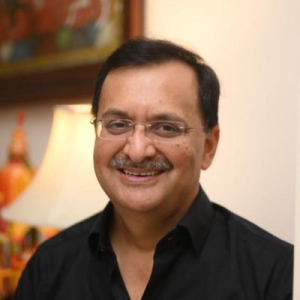Thinking about money

We had a fascinating conversation about money the other day. An idea we kept coming back to was – how much do we think about money relative to how much we want to?
I kept coming back to this note from Morgan Housel –
“A thing I’ve noticed over the years is that some of the wealthiest people think about money all the time – which is obvious, because it’s causation. But it’s an important observation because most people, despite aspiring to become one of the wealthiest, actually want something different: the ability to not have to think about money.
It’s a different skill, but it’s powerful when you make it work. A person whose expectations relative to income are calibrated so they don’t even have to think about money has a higher form of wealth than someone with more money who’s constantly thinking about making the numbers work.“
There are two powerful ideas in here. The first is about being intentional about our relationship with money – by defining how much we want to think about it.
The second is about calibrating our expectations relative to our income.
I’m excited to think about both questions as part of my annual review in the coming days.


.jpg)

.jpg)





